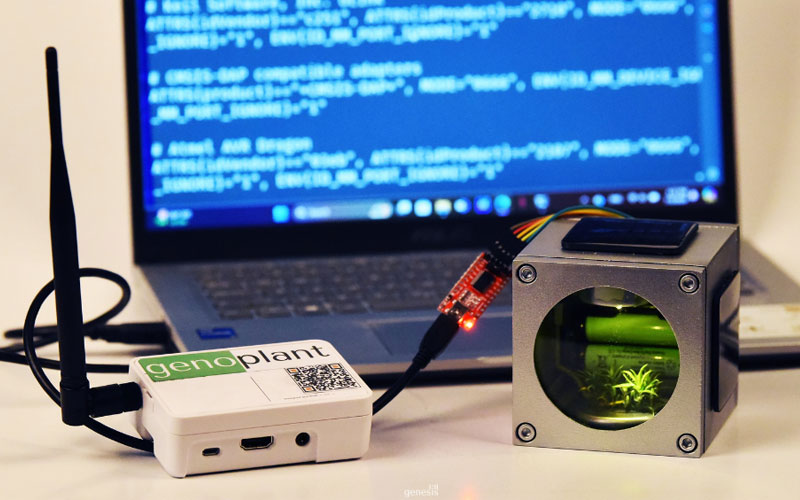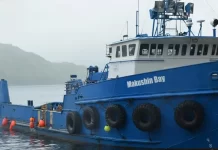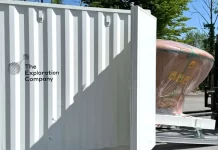
Hungarian space company Genesis SFL announced on 30 July that it has secured a spot aboard The Exploration Company’s Mission Possible demonstrator. The space transportation services company has shared with European Spaceflight that the flight is now sold out.
Mission Possible is The Exploration Company’s second subscale prototype of its Nyx Earth spacecraft. Once operational, it will ferry cargo and possibly even crew to and from low Earth orbit. The 2.5-metre Mission Possible demonstrator will be the first of the company’s spacecraft to carry customer payloads to orbit. The capsule has the capacity to carry up to 300 kilograms in payloads.
In a 30 July LinkedIn update, Genesis SFL announced that it would send its biological incubator “nanosatellite,” MayaSat-1 to space aboard the Mission Possible demonstrator. It will study the effects of microgravity on a living plant housed in a small cube. MayaSat-1 will demonstrate the company’s future rideshare service that will host similar experimental payloads with a mass of between 0.001 and 5 kilograms.
While Genesis SFL has referred to MayaSat-1 as a nanosatellite, it will not be deployed into orbit. The payload will be installed with other customer payloads inside the Mission Possible capsule. The mission will see the capsule orbit the Earth over the course of three hours before returning to Earth and being recovered after a successful splashdown.
The Mission Possible demonstrator is expected to be launched aboard a SpaceX Falcon 9 in the first half of 2025. Following the completion of what is its final demonstration mission, The Exploration Company will begin working towards a full-scale Nyx test flight, which it expects to take place in 2027.
Update: A previous version of this article stated that Genesis SFL was the Mission Possible demonstrator’s first confirmed customer.




